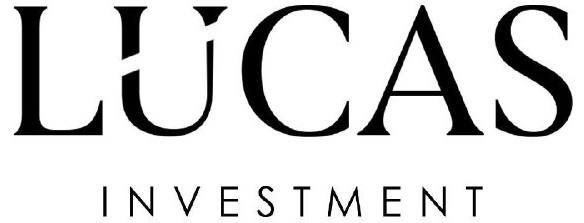The United States has not sustained a proper balance between financial conservatism and financial entrepreneurship - the fundamental and long-standing tension between two broad financial groups. At one end of the spectrum are financial conservatives, who favor preserving the status quo in the marketplace and hold in high esteem the traditional values of prudence, stability, safety and soundness. At the opposite end are financial entrepreneurs - risk takers restlessly searching for profitable advantage. They consider existing laws and regulations to be fair game, ripe to be tested and challenged.
The modern quantitative and econometric techniques developed in the last generation have given investors and portfolio managers a sense of confidence in the ability to forecast financial trends and behaviors. By compiling and analyzing historical data, and by building models that take into account current variables, econometricians often try to predict the movement of interest rates, stock prices, inflation, unemployment, and so on. During times of financial euphoria and investor panic, however, these techniques become virtually worthless. The reason is fairly simple: The vast majority of models rest on assumptions about normal and rational financial behavior. But during market manias, logical and analytical minds do not prevail. Such markets are driven more by hubris, elation, fear, pessimism, and the like emotions that the current models do not, and perhaps cannot, compute.
People in finance are entrusted with an extraordinary responsibility: other people's money. This basic fiduciary duty too often has been forgotten in the high-voltage, high-velocity financial environment that has emerged in recent decades. With the absorbing excitement of the trading floor - which for some becomes sort of a game, and end in itself - the notion of financial trusteeship is frequently lost in the shuffle. In the final analysis, the tilt toward unbridled financial entrepreneurship has exacted economic costs that often far outweigh their economic benefits. Only by improving the balance between entrepreneurial innovation and more traditional values - prudence, stability, safety, soundness - can we improve the ratio of benefits to costs in our economic system.
Today's financial community is suffering from a bad case of amnesia. Most Wall Steeters are unaware of or have forgotten about the damaging effects of irresponsible behavior in their rush to "innovate" and profit. Business majors at most colleges and universities were once required to take courses in business and financial history, while the history of economics and economic thought was a staple in economics programs. This is no longer the case. In their entrancement with new quantitative methods, most business schools long ago abandoned their historically oriented courses. Anything having to do with the qualitative side of business practice - ethics, business culture, history, and the like - was subordinated or eliminated as being too "soft" and "impractical". Yet only a long historical perspective can help us sort out what is lasting and salient from what is ephemeral and faddish. In finance, as in all human endeavors, history has valuable lessons to teach.



Only a smiling visitant here to share the love (:, btw outstanding design and style. “Everything should be made as simple as possible, but not one bit simpler.” by Albert Einstein.
Hey There. I discovered your weblog the usage of msn. That is a very well written article. I’ll make sure to bookmark it and return to learn extra of your helpful information. Thank you for the post. I will certainly return.